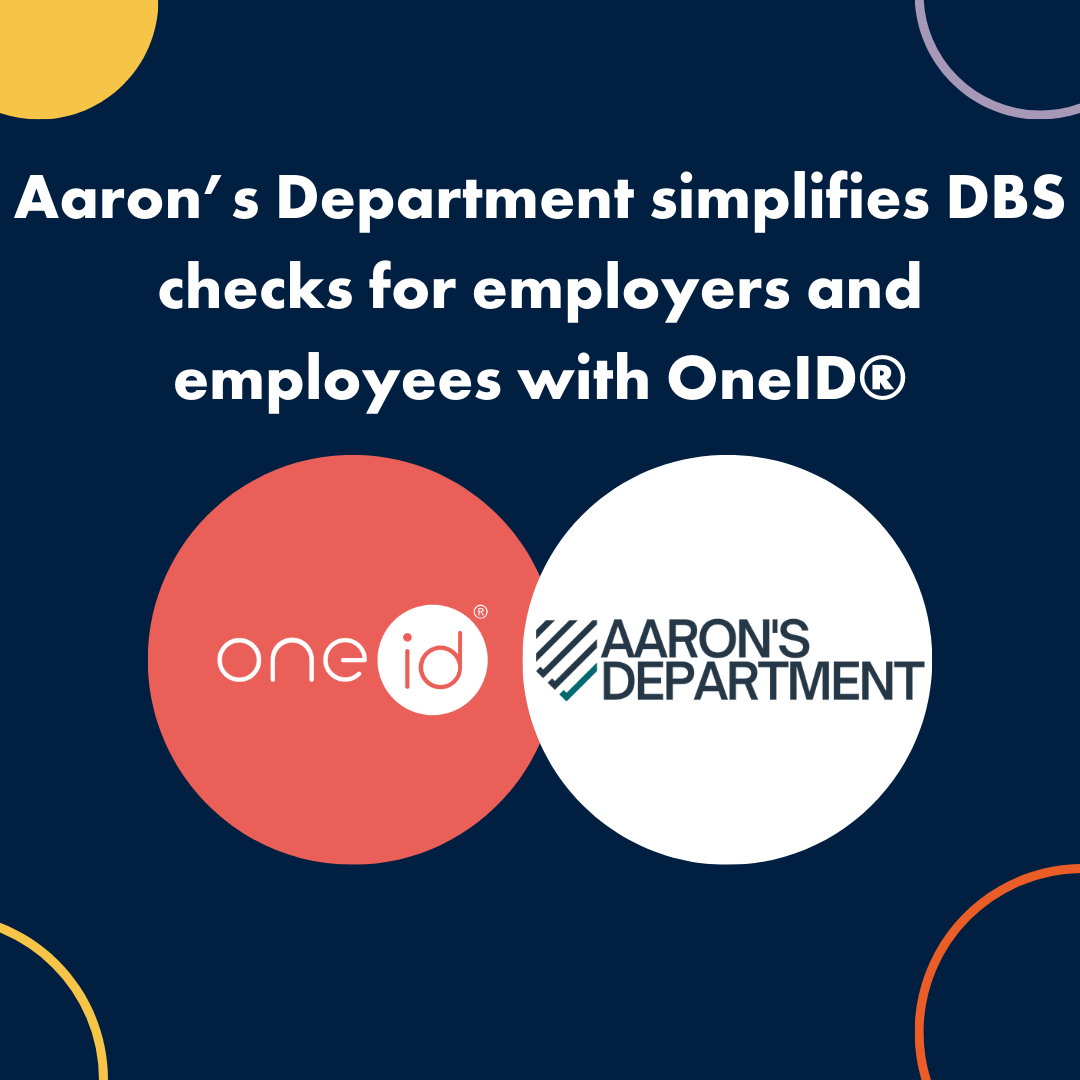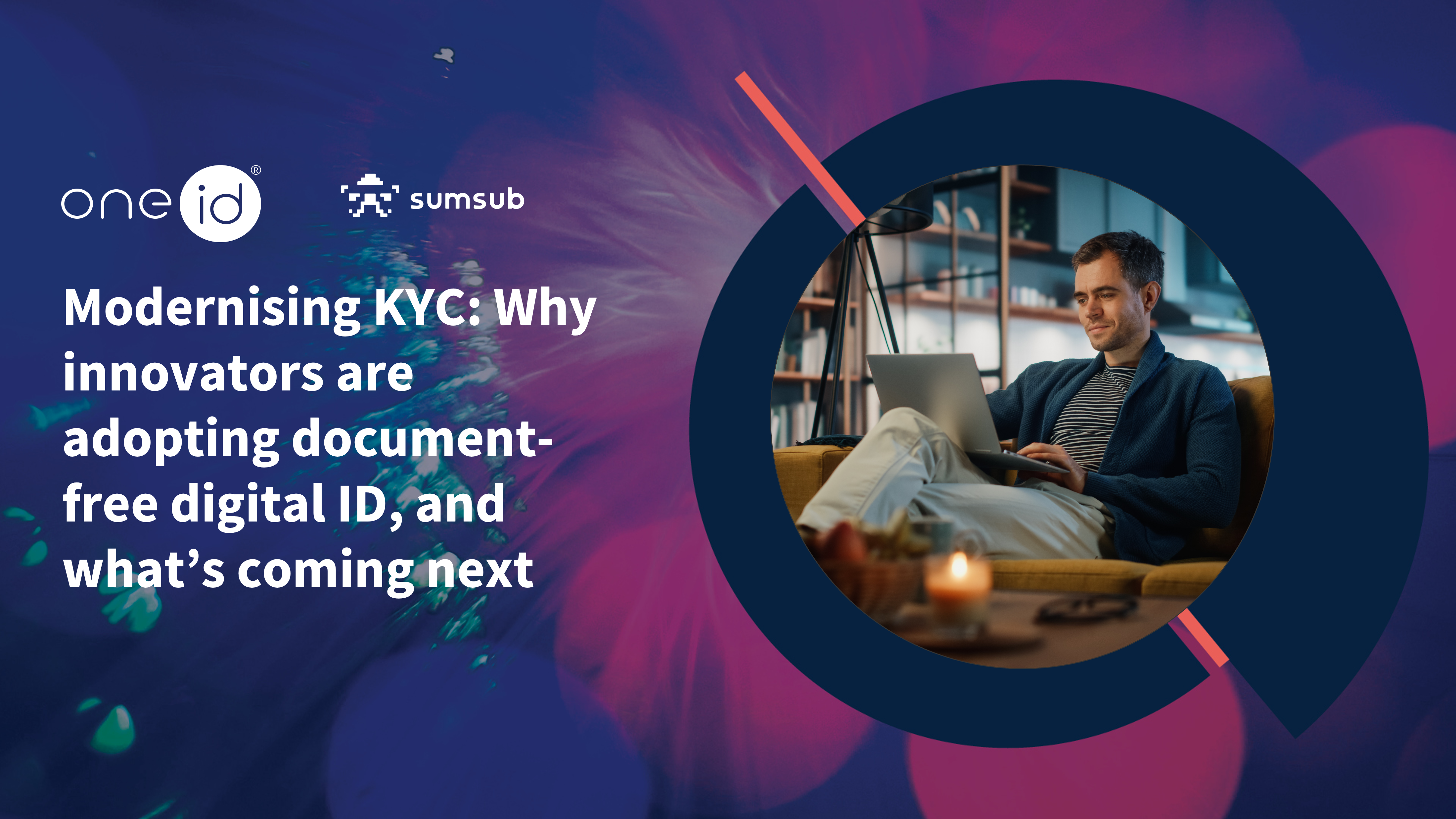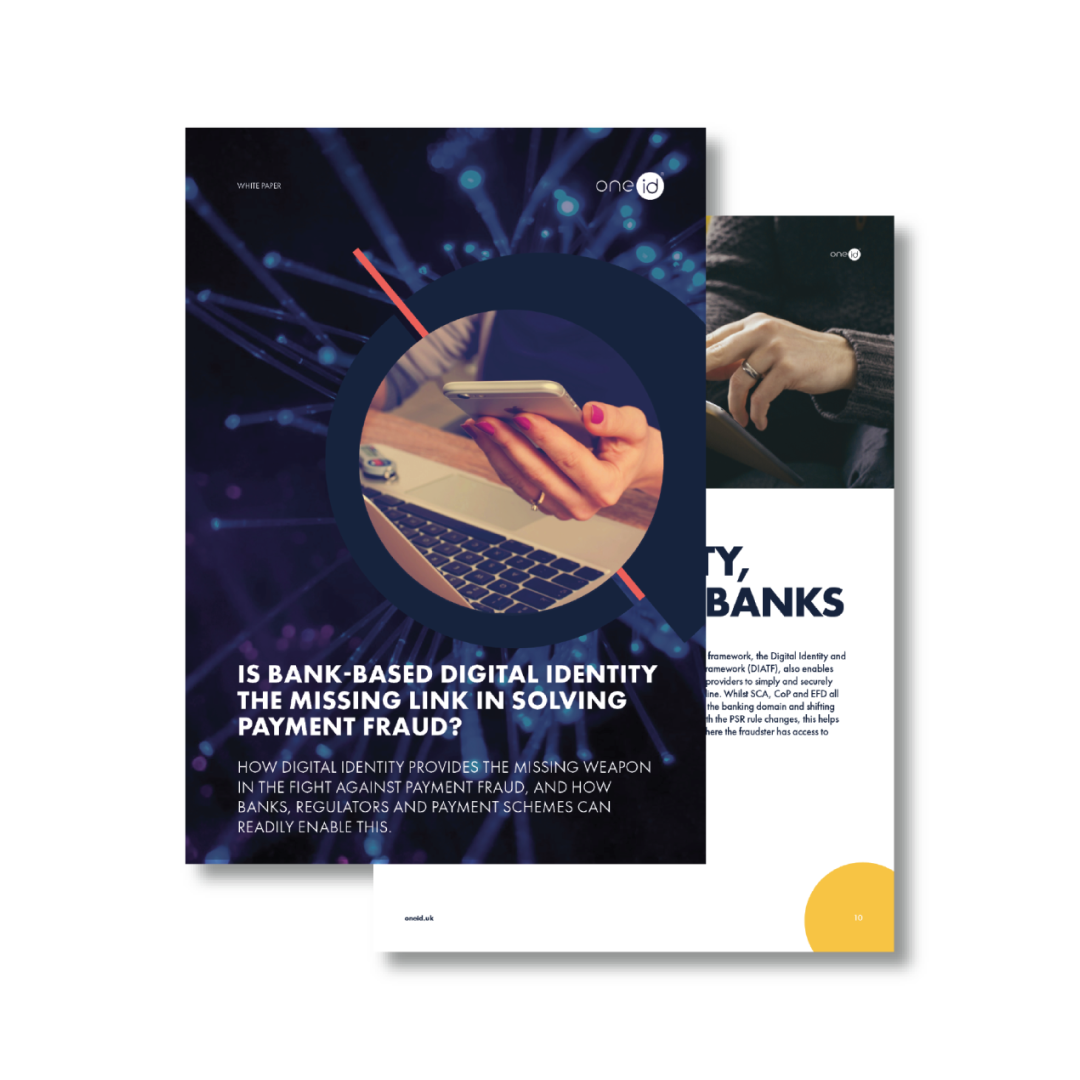With the spotlight on a different industry each day, Monday kicked off with financial services, and a brilliant webinar hosted by TechUK.
With guest speakers from American Express, LexisNexis, Onfido, and our very own Martin Wilson, the discussion on fraud prevention and digital identity was excellent.
Here’s a rundown of the panel’s discussion, covering some of the key insights you may have missed.
With insights from multiple perspectives, one thing the panellists all agreed on was that digital fraud has increased in volume over the past couple of years.
With both Brexit and the pandemic creating a backdrop of unfamiliarity and confusion, fraudsters have found more opportunities.
Simon Horswell, Document Specialist from Onfido, introduced the topic by explaining whilst fraud volumes have increased, the sophistication of digital fraud has taken a significant downfall.
More people using online services throughout the pandemic meant that fraudsters have more new users to attack, users who may not be used to spotting the signs of a scam.
Fraudsters have picked up on this and have started employing more ‘spammy’ techniques of fraud, targeting large groups of people at once and hoping they catch a few people out.
This means the fraud is easier to identify, as it is less sophisticated, but is popping up more and more.
Mark Little, Head of Identity Strategy at LexisNexis Risk Solutions, added that many fraudsters are new to the game, having seen the increase in online activity during the pandemic as a prime opportunity.
He even noted that ‘beginners kits’ were being sold on the dark web!
Martin Wilson, CEO of OneID®, agreed with Horswell, adding that the digitalisation of our lives means that there is now more personal identity data available to fraudsters, meaning an attack could be more immensely devastating than ever before.
Turning the attention to financial services, Wilson elaborated that payments fraud is an area that has particularly seen change over the past couple of years.
Between Card Not Present (CNP) and Authorise Push Payment (APP) fraud, UK banks are losing half a billion pounds a year.
For the first time in 20 years, however, CNP fraud is actually on the decrease, it’s APP that is starting to cost the most, with a 71% rise in APP scams since last year.
Wilson explained that APP occurs when someone is simply tricked into transferring money to an account of a fraudster, often posing as their bank.
He highlighted that authorising the account people are sending money to is the real issue, making sure there’s a genuine person on the other end of a payment.
Unfortunately, another point agreed on by the panellists was that fraud will always exist.
“Fraud is kind of like water – it’s always going to find the easiest route, the quickest route, it’s going to expose where your leaks are,” said Horswell.
However, the panellists also agreed there are many potential solutions to fraud being built in the digital identity industry right now and building an ecosystem of defences is the best way to minimise fraud.
From blockchain, to AI, to bank-ID solutions, a combined approach with sharing of intelligence between all parties in the industry seemed to be the top of everyone’s agenda.
Asked about tools and techniques that already exist, Wilson explained how bank-IDs could provide powerful authentication using data that already exists. “98% of all adults in the UK have a bank account, and all bank accounts have gone through KYC checks. So, therefore, all banks have some very, very good data on all adults” he explained.
With collaboration from the financial services industry, he continued, there’s a ready-made infrastructure through which people can use secure data to prove their identity, Open Banking.
He pointed out that whilst the investment in Strong Customer Authentication is being leveraged to protect business payments, the investment in Open Banking still has a lot of potential for development.
Saying we should simplify things, looking at what we already have, Wilson added that the ability for banks in the UK to provide a universal digital ID for UK consumers is tantalisingly close, with companies such as OneID® getting close to a fully formed solution.
Adam Gagen, Vice President, Government Affairs at American Express, contributed with a useful overview of the different methods in which digital identity schemes have been built internationally, with advice that the UK needs to achieve more in the next year to keep up with other countries.
Throughout the discussion there were call outs to many stakeholders in the UK, with panellists highlighting the numerous benefits a digital identity scheme would bring to the UK and identifying parties who could bring this to life.
Gagen spoke directly to listeners, saying “in the next six months, people on this call, people listening to this call, people in the UK, in The Cabinet, and in UK finance, need to agree: how are we going to build interoperable standards? … then the commercial market can figure out cool schemes and interesting models, new ways. They can bring that to life by using new technologies like AI or biometrics or selfie IDs or attribute sharing, tokenized or not, but really, that interoperability and certification is key. And it’s deliverable by just a few parties here in the UK”.
With insightful final comments from all panellists, the lively discussion drew to a close with a resounding feeling of challenge but optimism for what’s to come in the digital identity space.
As Wilson said, “we’re tantalisingly close…” to fraud solutions stemming from digital identity technology, and we’re excited to hear more from each of the contributors soon.
For more insights from the panel and the full webinar recording, visit TechUK’s website.
You can also read our contribution to day 2 of Tech UK’s digital identity week, Online Retail’s Missing Puzzle Piece.
Or can’t get enough of webinars? We’re hosting a panel of experts from the field of Age Verification in our very own webinar on the 30th of November, save your spot here.

In the digital age, the evolution of identity verification has shifted from cumbersome physical processe...

Aaron’s Department, a leading provider of Disclosure & Barring Service (DBS) checks for organisation...

As promised in my last blog recapping our webinar, 'Modernising KYC: Why Innovators are Adopting Digital...

OneID®’s latest white paper, launched at Pay360, points the financial services and payments industry to ...